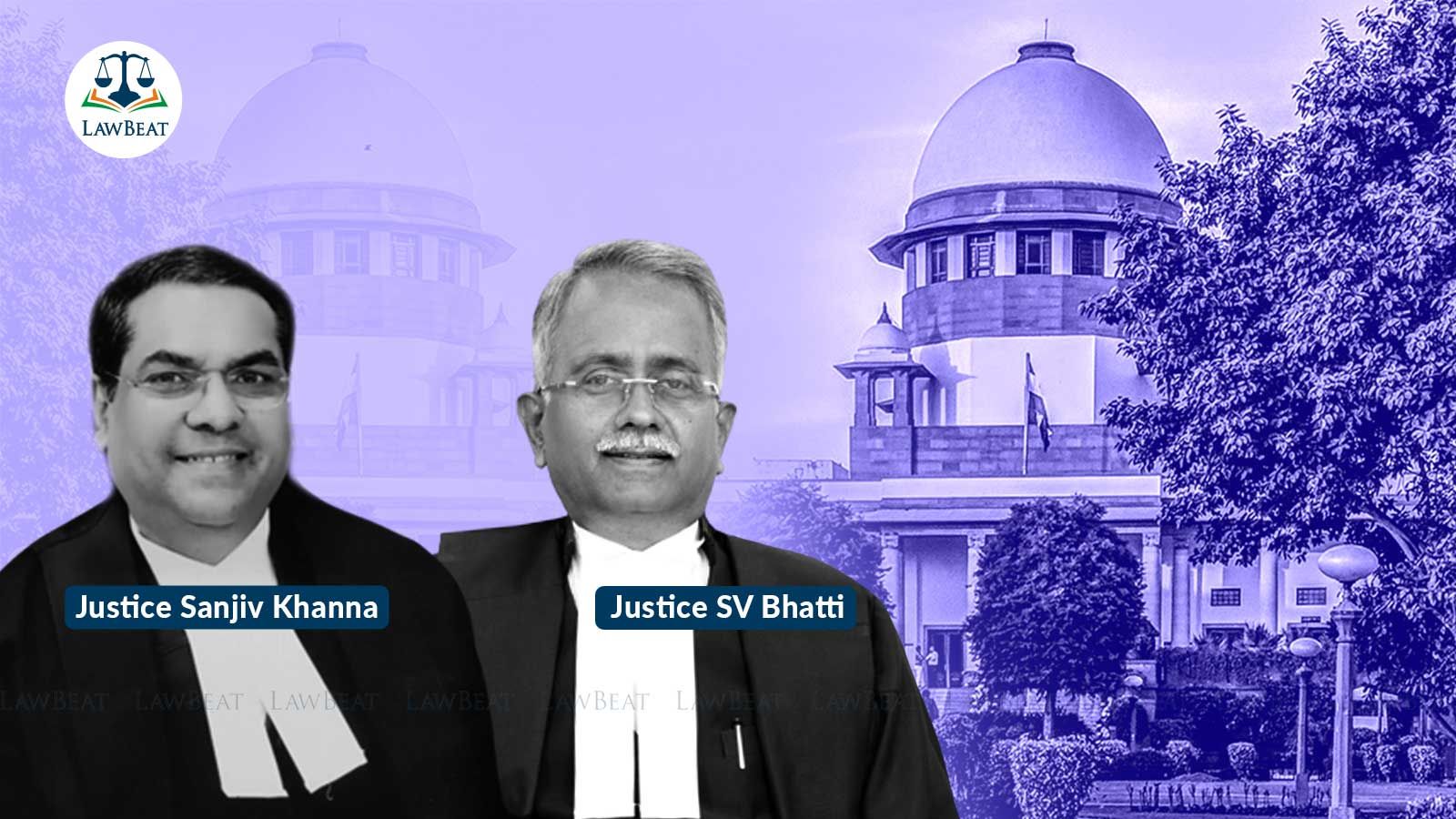IBC provisions on CIRP do not recognise the principle of insolvency set-off: Supreme Court

While rejecting a contention that the “amount” to be set-off is not part of the corporate debtor’s assets in the present facts as misconceived, Court has said it would not extend on and remodel the definitions on the basis of predisposed and self-serving suppositions
The Supreme Court has declared statutory set off or insolvency set off is not to be applied in Corporate Insolvency Resolution Process under the Insolvency and Bankruptcy Code.
A bench of Justices Sanjiv Khanna and SVN Bhatti said the set-off obligations maturing prior to the commencement of CIRP may only be allowed, whereas, the set-off obligations arising after the commencement of CIRP should be disallowed or allowed to a limited extent, in order to ensure smooth insolvency resolution process and rehabilitation and revival of the corporate debtor.
The court dismissed an appeal by Airtel entities against the National Company Law Appellate Tribunal which had rejected its plea for set off Rs 127.87 against Aircel undergoing insolvency proceedings.
"We should hold that the provisions of the IBC relating to Corporate Insolvency Resolution Process do not recognise the principle of insolvency set-off. We would not extend it by implication, when the legislature has not accepted applicability of mutual set-off at the initial stage, that is, the Corporate Insolvency Resolution Process stage," the bench said.
Court has said the IBC is a complete code while relying upon the opening part of the enactment and Sections 238 and 243 takes care and nullifies the argument raised by the appellant Airtel entities that they are entitled to statutory set-off or insolvency set-off, in the Corporate Insolvency Resolution Proceedings under Chapter II Part II of the IBC. Regulation 29 of the Liquidation Regulations does not apply to Part II of the IBC. The legislation or even the legislative intent permits neither statutory set-off, nor insolvency set-off, it added.
The bench also rejected the Airtel entities' reliance on Section 30(2)(b)(ii) and Section 53 of the IBC, saying the arguments are fallacious and should not be accepted.
It said there are several reasons why clause (ii) to subsection (2)(b) of Section 30 does not support the plea of insolvency set-off. The section does not make Chapter III Part II, that is, Section 36(4)(e) or Regulation 29, applicable to the Corporate Insolvency Resolution Process under Chapter II Part II of the IBC. Secondly, clause (ii) to Section 30(2)(b) deals with the amounts to be paid to the creditors and not the amount payable by the creditors to the corporate debtor. Thirdly, clause (ii) to Section 30(2)(b) has appliance when the resolution plan is being considered for approval.
In the instant case, the corporate debtor is not an insolvent company undergoing liquidation process, but is undergoing the Corporate Insolvency Resolution Process, the bench pointed out.
The court also said the reliance placed by Airtel entities on Section 60(5)54 of the IBC, which confers jurisdiction on the Adjudicatory Authority to entertain and dispose of any application or proceeding by or against a corporate debtor, including claims against any of the subsidiaries or any question of priority or question of law and facts, arising out of or in relation to insolvency resolution or liquidation proceeds of the corporate debtor, does not come to the aid of the Airtel entities.
"These are enabling provisions which entitle the Adjudicating Authority to go into several aspects to aid and assist the Corporate Insolvency Resolution Process. They cannot be read as allowing a creditor/debtor to claim set-off in the Corporate Insolvency Resolution Process," the bench said.
Top Court also rejected the argument by Airtel that insolvency set-off is automatic and self-executing, by holding this is self serving and evasive because neither clause uses the expression ‘set-off’, nor is it implied.
"We would not extend on and remodel the definitions on the basis of predisposed and self serving suppositions...We do not agree that insolvency set-off under the IBC is automatic and self-executing. We do not find any provision in the IBC which states so. In the context of the IBC, insolvency set-off is neither automatic, nor self-executing," the bench said.
Referring to UNCITRAL Legislative guide on Insolvency Law, the court pointed out it does distinguish between the set-off obligations maturing prior to the commencement of the insolvency proceedings and set-off obligations after the commencement of the insolvency proceedings. "Only the former should be permitted in insolvency proceedings, while the latter should be disallowed or allowed to a limited extent," it has said.
The court also rejected a contention that the “amount” to be set-off is not part of the corporate debtor’s assets in the present facts as misconceived. It also did not agree to an argument that by not allowing set-off, new rights are being created and, therefore, Section 14 of the IBC will not be operative, and applicable as moratorium under Section 14 is to grant protection and prevent a scramble and dissipation of the assets of the corporate debtor.
Case Title: Bharti Airtel Limited And Another vs. Vijaykumar V Iyer And Others
